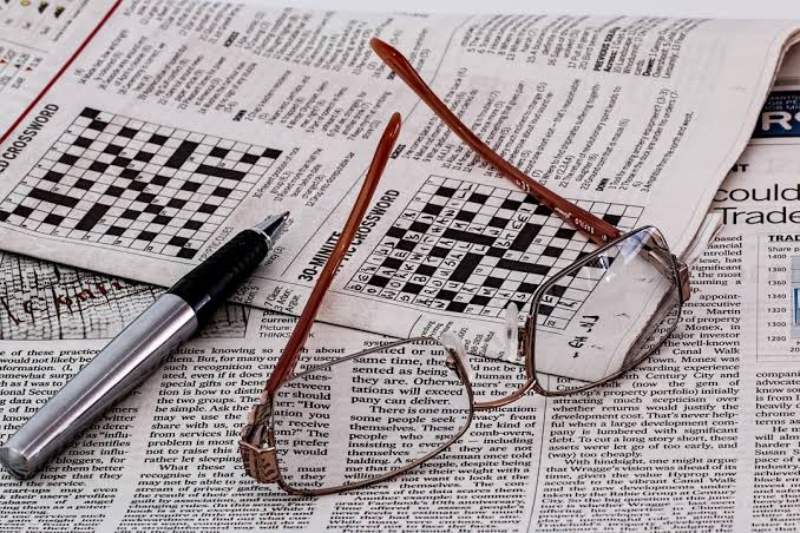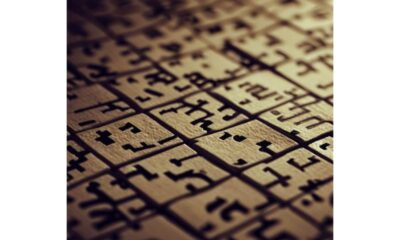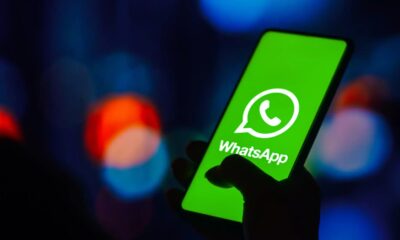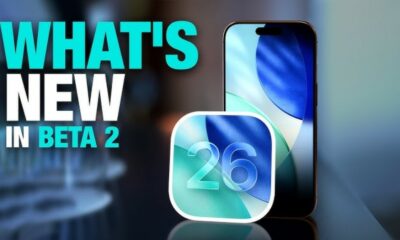Education
The Symphony of Words: Crossword Puzzles as Conductors of Young Minds

In the grand concert hall of education, crossword puzzles emerge not merely as instruments of diversion but as conductors orchestrating the harmonious development of young intellectuals. The National Centre for Excellence has illuminated this unique role, revealing how these structured lattices of letters and words can finely tune the cognitive and linguistic abilities akin to how an adept maestro guides an orchestra through complex symphonies.
Navigating the intricacies of a crossword puzzle mirrors the journey of a young musician learning to play an instrument within an orchestra. It’s a delicate dance of applying learned knowledge, intuition, and refined technique, where each answer filled in is akin to striking the right note at the perfect moment. The nuanced challenge demands not only an understanding of individual clues but also how they interrelate, much like musicians must harmonize their individual parts to create a cohesive and beautiful performance.
This educational exercise transcends the simplicity of a mere hobby; it’s akin to a silent concert of the mind where vocabulary, memory, and analytical skills harmonize. Each solved puzzle is a movement completed, each word discovered a melody uncovered. These linguistic exercises shape not only the knowledge base of children but also their problem-solving strategies, encouraging them to approach puzzles — and by extension, real-life challenges — with a composer’s creativity and a conductor’s precision.
Just as a symphony is comprised of varying movements, each with its distinct mood and tempo, the world of crossword puzzles offers a range of challenges that can adapt to the evolving abilities of young solvers. Beginners may start with simple, straightforward clues, akin to learning the basic scales in music, gradually progressing to more complex and abstract puzzles that require a deeper level of thought and broader vocabulary, much like advancing to intricate compositions that demand a comprehensive understanding of musical theory and technique.
Moreover, the act of solving crosswords cultivates patience and perseverance in young minds. Just as mastering a musical piece requires practice and dedication, so too does completing a challenging puzzle. The satisfaction derived from solving a particularly tricky crossword can instill a sense of achievement and self-confidence in children, much like the pride a young musician feels upon successfully performing a difficult piece.
The benefits of incorporating crossword puzzles into a child’s educational regime are multifaceted. Not only do they enhance verbal skills and cognitive agility, but they also introduce young solvers to a wide range of cultural, historical, and scientific concepts, expanding their horizons much like a well-composed symphony can evoke varied landscapes and emotions. This exposure fosters a natural curiosity and love for learning, encouraging children to explore topics beyond the puzzle grid.
Crossword puzzles also offer a unique way for families to bond. Just as musicians come together to create harmony, families can collaborate on solving puzzles, discussing possible solutions, and sharing the joy of discovery. This collaborative approach reinforces social bonds and communication skills, fostering a sense of teamwork and mutual support.
In conclusion, the humble crossword puzzle, much like a meticulously crafted symphony, plays a crucial role in the intellectual and emotional development of children. It is a multifaceted tool that, when used wisely, can nurture a balanced and well-rounded mind ready to face the complexities of the world with confidence and creativity. As educators and parents, encouraging children to delve into the world of crosswords is akin to inviting them to join a grand intellectual orchestra, where every word written and every problem solved is a step toward mastering the beautiful art of thinking.
References:
https://www.ncfe.ac.in/blogs/post/crossword-puzzle-for-children
https://en.wikipedia.org/wiki/Crossword
-

 Sports4 weeks ago
Sports4 weeks agoFIFA Club World Cup 2025: Complete List of Qualified Teams and Groups
-

 Sports2 weeks ago
Sports2 weeks agoAl Ahly vs Inter Miami, 2025 FIFA Club World Cup – Preview, Prediction, Predicted Lineups and How to Watch
-
Health1 week ago
Back to Roots: Ayurveda Offers Natural Cure for Common Hair Woes
-
World4 weeks ago
Omar Benjelloun: Strategic Architect Behind Major Financial Deals in the MENA Region
-

 Sports3 weeks ago
Sports3 weeks agoFIVB Men’s Volleyball Nations League 2025: Full Schedule, Fixtures, Format, Teams, Pools and How to Watch
-

 Tech1 week ago
Tech1 week agoFrom Soil to Silicon: The Rise of Agriculture AI and Drone Innovations in 2025
-

 Startup2 weeks ago
Startup2 weeks agoHow Instagram Is Driving Global Social Media Marketing Trends
-

 Science4 weeks ago
Science4 weeks agoEverything You Need to Know about Skywatching in June 2025: Full Moon, New Moon, Arietid Meteors, and Planetary Marvels















